Improving Literacy In Key Stage 1: Skills and Processes
What Does the Evidence Say About Improving Literacy in KS1?
Literacy encompasses not only the ability to read and write but also a range of intricate skills such as word-level competencies like spelling and word-reading, as well as text-level abilities like reading comprehension and writing composition. There are a number of ways to improve literacy in KS1. The primary objective of these skills is effective communication, enabling authors to express their message and readers to receive and interpret it successfully. I used the EEF guide to improving literacy at Key Stage 1 (UK) as the starting point for this article. on Improving Literacy in primary schools.
The Development of Literacy
Research has shown that word reading, spelling, reading comprehension, and writing composition all rely on common underlying processes and are consequently interconnected (Perfetti et al., 2005). The development of literacy depends on pre-existing oral language and cognitive skills, with the involvement of these processes varying between different aspects of reading and writing and at distinct developmental stages (Catts & Kamhi, 2005).
It is crucial to understand the foundational skills used in literacy, both reading and writing, as well as their interconnectedness, interdependence, and independent operation. This knowledge supports planning, assessment, and teaching to ensure appropriate skills are emphasised, children’s literacy progress is monitored, and support is tailored to the needs of the child.
Factors Influencing Literacy Development
Multiple child-based factors, such as hearing, speech, motor difficulties, retrieval speed, metacognition, and executive function, can indirectly impact literacy development (Catts et al., 2005). Environmental factors like family background, home language, and literacy environment also play a role. The reciprocal relationship between oral language, reading, and writing can exacerbate the gap between children with literacy difficulties or those from disadvantaged homes and their more advantaged peers as they progress through school (Snow et al., 1998).
How Can Teachers Establish Children as Readers?
You cannot improve literacy in KS1 without supporting your children to love reading. Teachers can establish children as proficient readers, enabling reading to become a lifelong learning tool. Reading requires two broad skills: word recognition and language comprehension. Word recognition begins with decoding—translating written words into spoken language sounds—and later evolves into more fluent word reading (Ehri et al., 2001). Language comprehension involves understanding the language being read.
Comprehension also demands knowledge of language structure, comprising morphology and syntax. Morphology refers to the organisation of the smallest meaningful units of words, such as the ‘root’ word, ‘child’, and the affix, ‘-ish’, which combine to form ‘childish’. Syntax pertains to the combination and arrangement of words into phrases and sentences.
Impact of Working Memory on Literacy in KS1
Comprehension largely depends on an individual’s working memory capacity. Working memory acts as a moderator for how much new information and cognitive demands understanding places requires. When the demands of comprehending a text exceed an individual’s limited working memory resources, their ability to understand and retain information decreases noticeably. Students with lower working memory spans tend to struggle when comprehending information consumes too much of their working memory. Research also shows that poor comprehenders often have issues filtering out irrelevant information that occupies their limited working memory.
Developing Reading Comprehension
Children need diverse language and literacy experiences to develop their understanding of written text in all its forms. This should include active engagement with various media, text genres, and a broad range of content topics (Duke & Pearson, 2002). Students should read both narrative (e.g., fictional stories and poetry) and informational texts (e.g., news articles). Introducing children to a variety of texts and reading experiences can support the development of pupils’ reading comprehension by expanding their knowledge (e.g., facts, vocabulary, print concepts) and skills (e.g., inferencing, phonemic awareness) (Pressley, 2000).
Decoding and comprehension are necessary but insufficient for developing confident and competent readers. In other words, the reading process involves more than cognitive and linguistic aspects. Progress in literacy also requires motivation and engagement, which foster persistence, resilience, enjoyment, and satisfaction in reading (Pitcher et al., 2006).
Teacher’s Role in Motivating Children to Read
Teachers play a significant role in motivating children to read. A willingness and eagerness to read can influence reading attainment by increasing the amount of reading a child engages in (Wigfield & Guthrie, 1997). This may also lead to increased confidence in exploring a wider range of genres. Reading more and from various genres provides greater opportunities to develop a deeper understanding of texts.
Teachers can inspire reading motivation by creating a culture that emphasises reading and book discussions daily (Fisher et al., 2004). Demonstrating enjoyment of reading and having extensive knowledge of children’s fiction are essential. Encouraging children to view books as adventures rather than school tasks can also be a motivating factor. Giving children a sense of choice in what they read and ensuring all children experience success when reading are vital for motivating them to read (Pitcher et al., 1996).
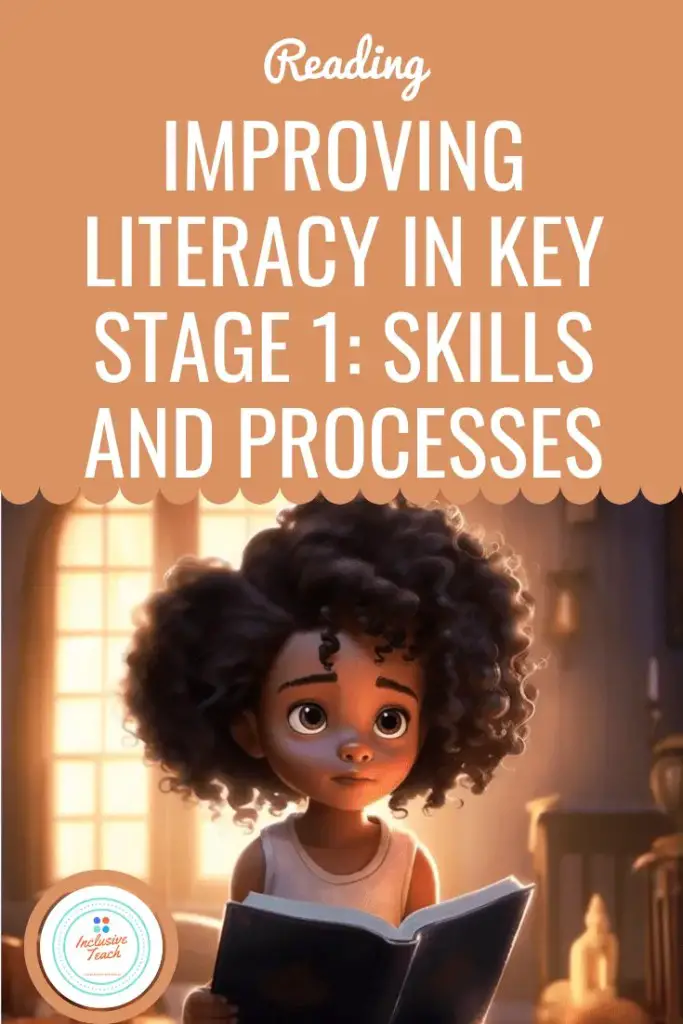
Key Strategies to Improve Literacy in KS1
- Literacy encompasses reading, writing, word-level competencies, and text-level abilities for effective communication.
- Word reading, spelling, reading comprehension, and writing composition are interconnected processes in literacy development.
- Foundational skills and their interdependence support planning, assessment, and tailored teaching for children’s literacy progress.
- Child-based factors like hearing, speech, and executive function, along with environmental factors, impact literacy development.
- Teachers can establish children as proficient readers by developing word recognition, language comprehension, and knowledge of language structure.
- Working memory capacity influences comprehension, with limited capacity hindering understanding and retention.
- Diverse language and literacy experiences foster reading comprehension and expand knowledge and skills.
- Motivation and engagement are crucial for progress in literacy, alongside cognitive and linguistic aspects.
- Teachers have a significant role in motivating children to read by emphasising classroom routines including daily reading, book discussions, and demonstrating enjoyment of reading.
- Offering choice, ensuring success, and fostering a sense of adventure in reading further enhance motivation.
References
Catts, H. W., & Kamhi, A. G. (2005). Language and reading disabilities. Allyn & Bacon. Full Ebook Available Online Free as of June 2023
Duke, N. K., & Pearson, P. D. (2002). Effective practices for developing reading comprehension. In A. E. Farstrup & S. J. Samuels (Eds.), What research has to say about reading instruction (pp. 205-242). International Reading Association. Accessed Online June 2023 (Free)
Ehri, L. C., Nunes, S. R., Willows, D. M., Schuster, B. V., Yaghoub-Zadeh, Z., & Shanahan, T. (2001). Phonemic awareness instruction helps children learn to read: Evidence from the National Reading Panel’s meta-analysis. Reading Research Quarterly, 36(3), 250-287. Accessed Online June 2023 (Free)
Fisher, D., Flood, J., Lapp, D., & Frey, N. (2004). Interactive read-alouds: Is there a common set of implementation practices? The Reading Teacher, 58(1), 8-17. Accessed Online June 2023 (Free)
Perfetti, C. A., Landi, N., & Oakhill, J. (2005). The acquisition of reading comprehension skill. In M. J. Snowling & C. Hulme (Eds.), The science of reading: A handbook (pp. 227-247). Blackwell Publishing. Chapter Accessed Online June 2023 (Free Chapter)
Pitcher, Sharon & Albright, Lettie & Delaney, Carol & Walker, Nancy & Seunarinesingh, Krishna & Mogge, Stephen & Headley, Kathy & Ridgeway, Victoria & Peck, Sharon & Hunt, Rebecca & Dunston, Pamela. (2007). Assessing Adolescents’ Motivation to Read. Journal of Adolescent & Adult Literacy – J ADOLESC ADULT LITERACY. 50. 378-396. 10.1598/JAAL.50.5.5. Accessed Online June 2023 (Free)
Pressley, M. (2000). What should comprehension instruction be the instruction of? In M. L. Kamil, P. B. Mosenthal, P. D. Pearson, & R. Barr (Eds.), Handbook of reading research (Vol. 3, pp. 545-561). Lawrence Erlbaum Associates. Accessed Online June 2023
Snow, C. E., Burns, M. S., & Griffin, P. (Eds.). (1998). Preventing reading difficulties in young children. National Academy Press. Accessed Online June 2023 (Free)
Wigfield, A., & Guthrie, J. T. (1997). Relations of children’s motivation for reading to the amount and breadth of their reading. Journal of Educational Psychology, 89(3), 420-432. Accessed Online June 2023 (Free)

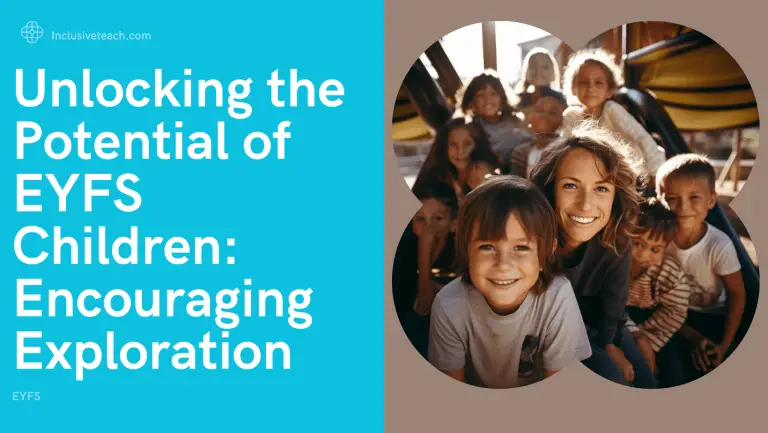
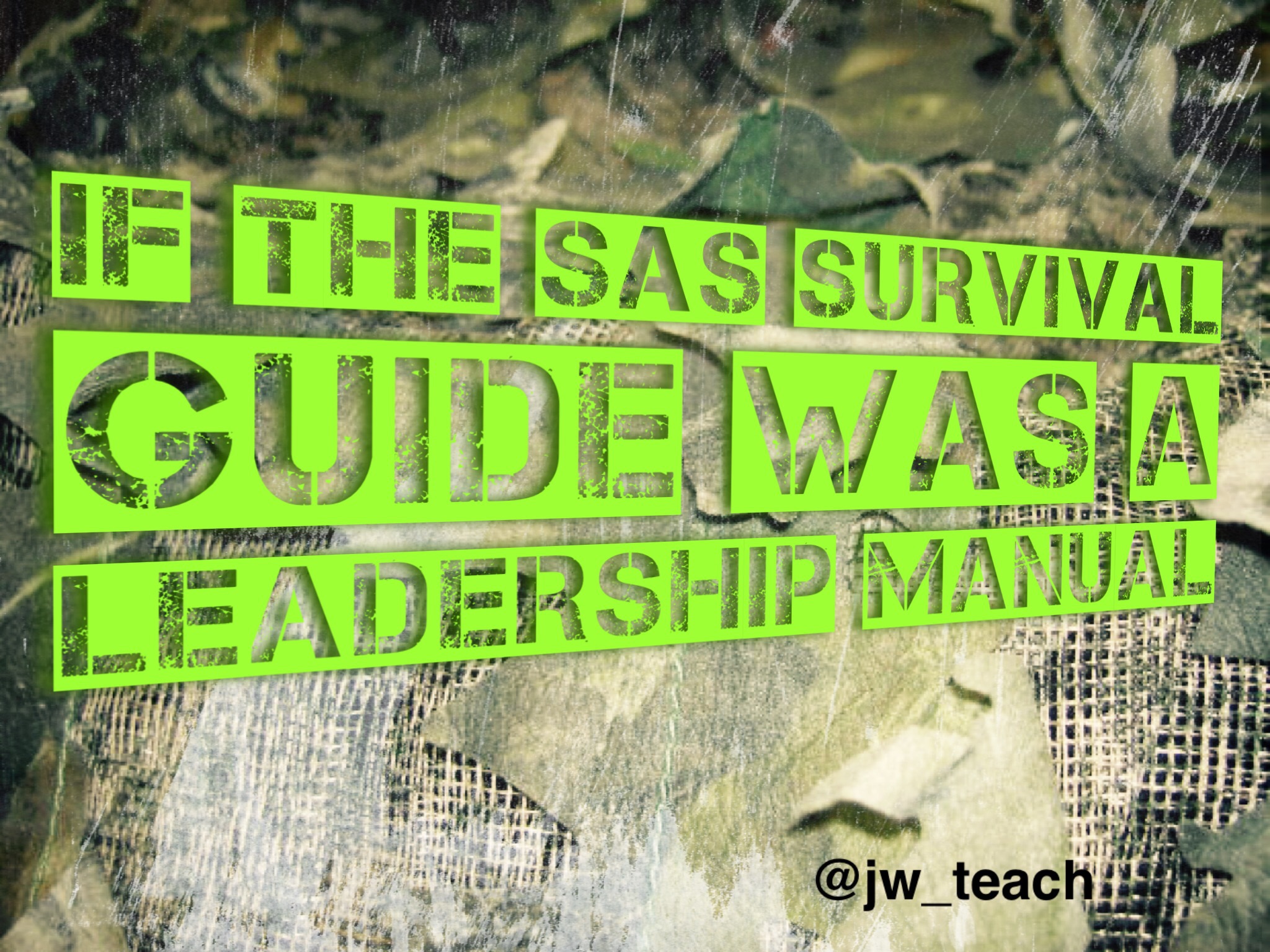
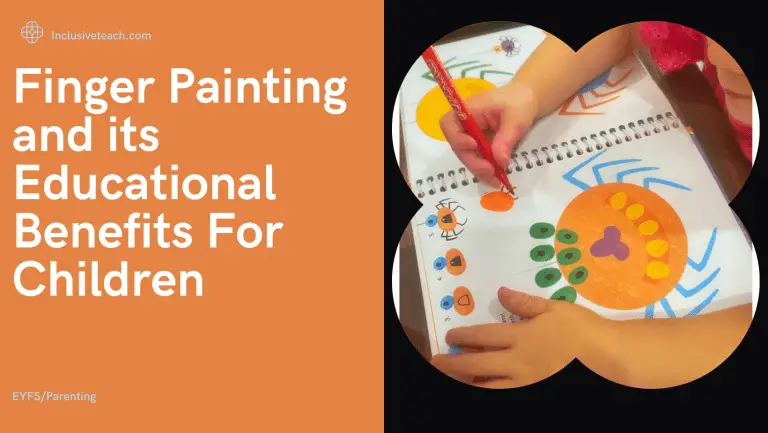

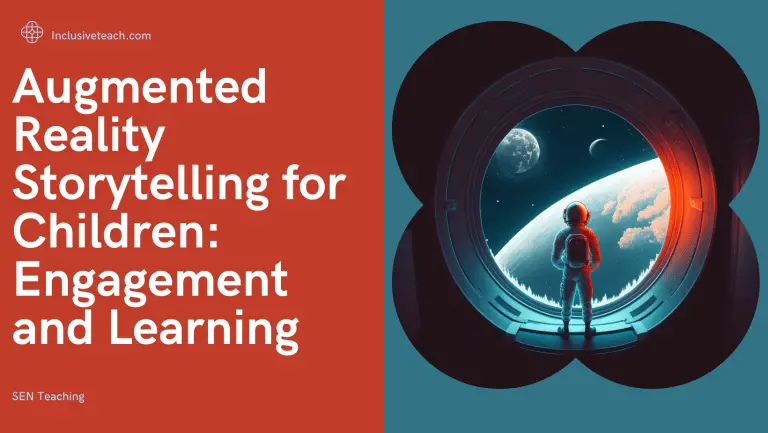
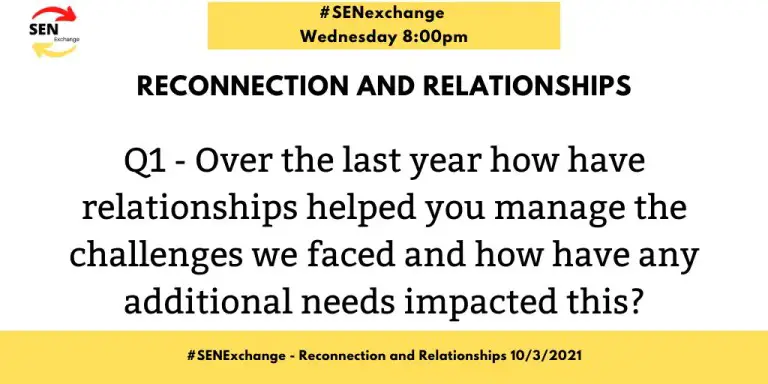
3 Comments